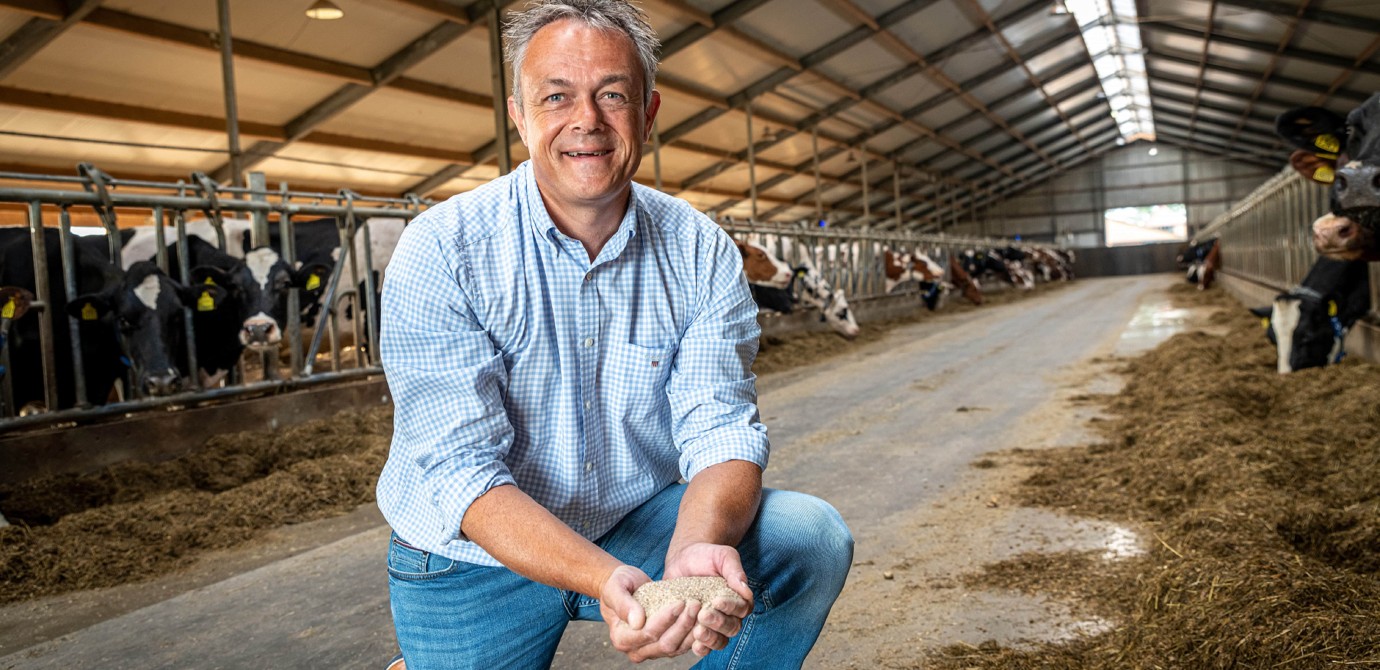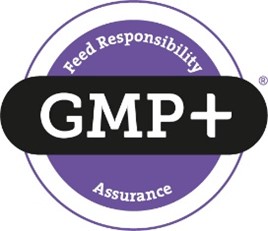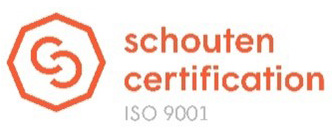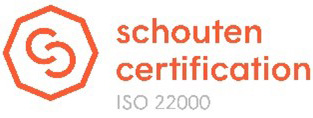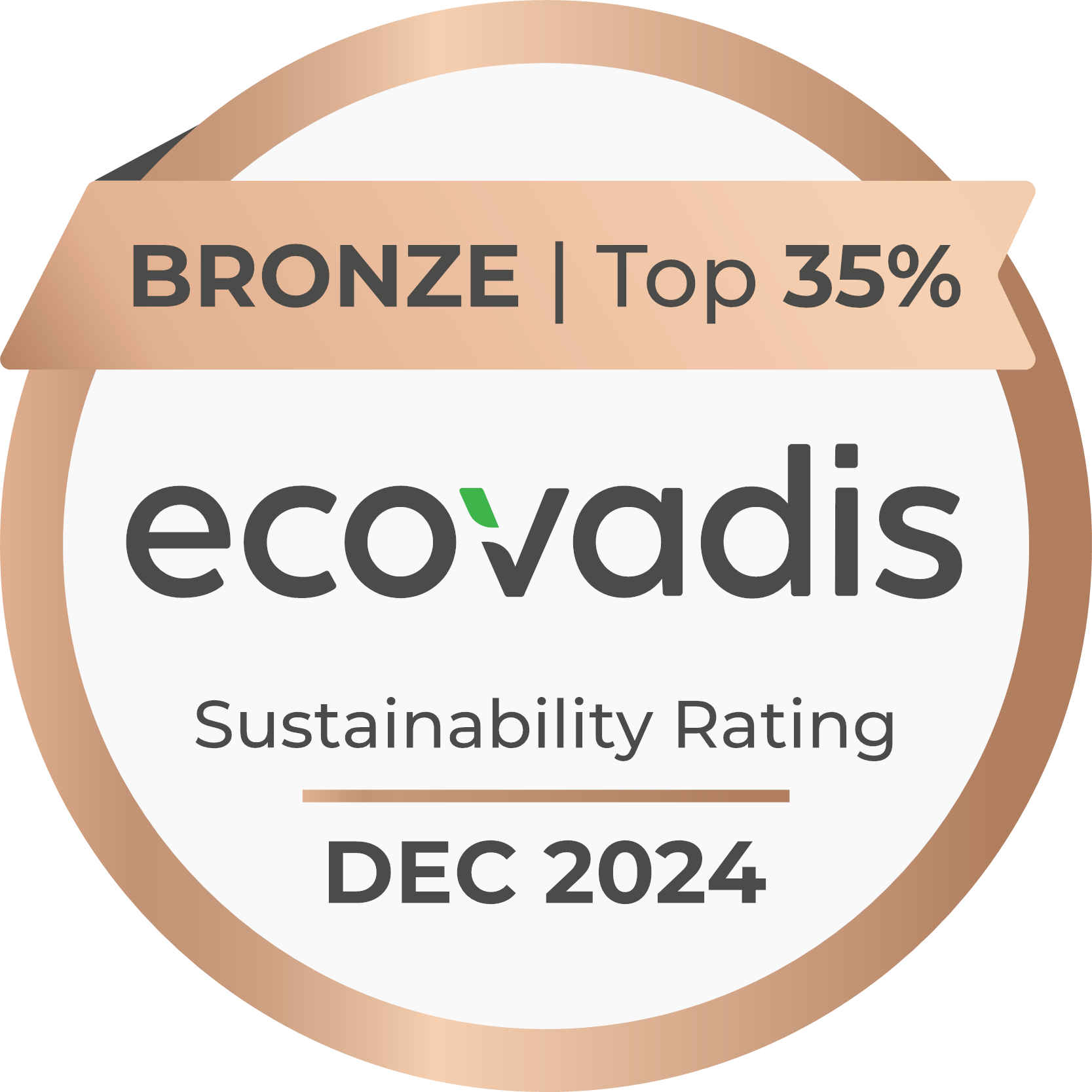A compound feed company that does not produce any pellets itself. 'That sounds exceptional, and it is,' says Erik Reefhuis, director of Gelre IJsselstreek (GIJS). 'We do everything slightly differently from other compound feed companies.'
GIJS specializes feed composition for goats and cattle. And we do not produce just regular feed. We make feed with exactly the right composition to meet the requirements of each farmer's goats or cows. 'We literally work with the farmer,' says Reefhuis. He has been personally active in the industry for many years and was one of the founders of GIJS, which has officially been an independent company since 27 February 2012. 'The compound feed sector is characterized by its increasing scale, which means the distance from the farmer is also becoming greater. Our philosophy is precisely the opposite, we aim to get closer to the farmer, and that means we have a lot of personal contact. That is why our livestock nutritionists (Feed experts, 'compound feed editors ') are not stuck in the office but out visiting farmers in their livestock housing. In this way we are able offer advice and compose a feed that best suits their cows' or goats' requirements.'
The best feed for every animal
GIJS has the feed produced by eight different compound feed manufacturers. Reefhuis: 'We utilise overcapacity at compound feed manufacturers. Simply put, we compose the recipe and they make the feed. This makes us flexible and able to fulfil our promise to deliver the best feed for every situation. Each compound feed manufacturer has its specific qualities. For example, we may have the dairy cow feed produced for farmer A at factory 1, while we order the feed that his or her calves need from factory 2. We are not concerned about where the food comes from. It's all about the best feed for our customer's animals.'
Smulbrok (appetiser pellet)
At GIJS we are ready and able to come up with creative solutions for the questions that arise in practice. Reefhuis illustrates this with an example. 'A cow must be milked at least twice a day. In a fully automatic milking robot system, a cow can decide for herself when to be milked. But if a cow does not go to the milking robot on its own volition, the farmer has to find her and bring her to it. Some farmers spend 1.5 to 2 hours a day doing this. How can you tempt these cows to go to the milking robot on their own? We have done research on the flavours that are highly attractive to cows. The 'smulbrok' is the result. This treat stimulates cows to eat the concentrate offered in the milking robot. This offers several advantages:
Cows like the feed so much that they go to the milking robot of their own accord, which saves the farmer valuable time. And in some cases, the cows also produce more milk because of the balanced composition of the feed and the fact that they are milked more often. There are farms where cows give five litres more milk per day.'
Transport
Besides the feed production, GIJS also completely outsources the logistics process. 'You have to do what you are good at,' says Reefhuis. 'Composing feed and helping farmers to get ahead with their business – that is our speciality. We are not a transport company, so we are happy to leave transporting our feed in the hands of companies that are good at it. Ecotrans has been doing this for us since our company was established in 2012, and since the takeover, Nijhof-Wassink does this too. This has led to our logistics network in the Netherlands becoming even larger.'
Win win situation
Although GIJS does not carry out the livestock feed distribution itself, the logistics process is an important link in the service it provides to its customers. 'It is essential that the feed is delivered into the correct silo, in the right quantity and at the right time. This requires committed drivers, who want to do their best for the farmer. Ecotrans and Nijhof-Wassink provide this service in a professional and committed way. In addition, we think it is important that a logistics service provider works closely with us, just as we do with the farmer. So, they do not only transport the feed from the production location to the farmer, but also think things through with us and handle the transportation as efficiently as possible, keeping the number of empty kilometres low and optimizing the load factor. This saves costs and we create a win-win situation for everyone involved, the farmer, the transport operator and ourselves.'
© 2018 - 2025 Nijhof Wassink



